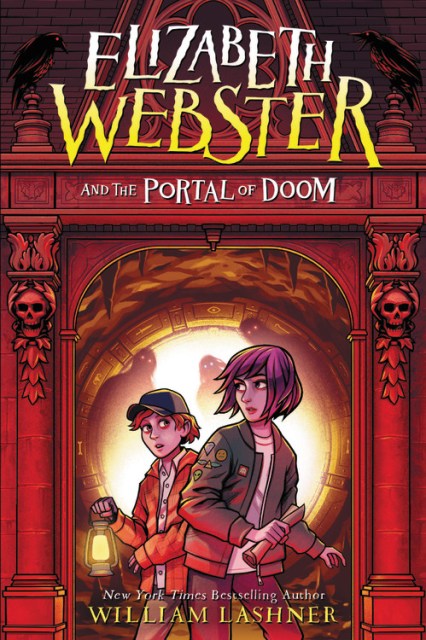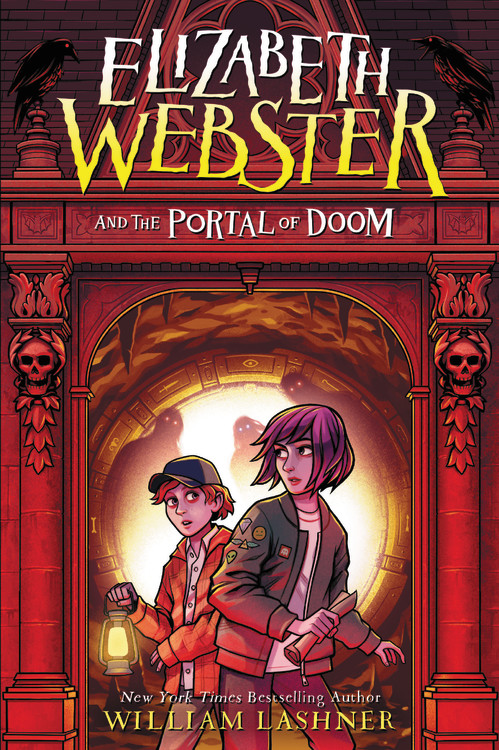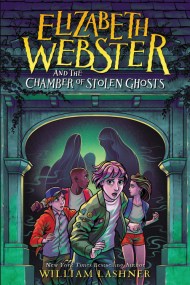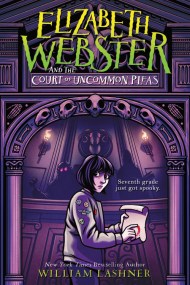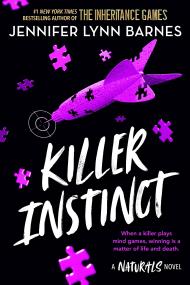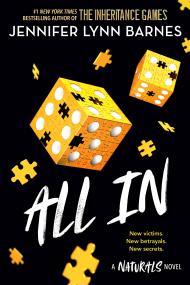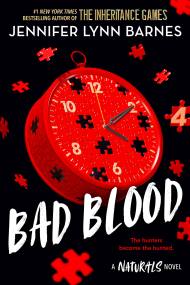By clicking “Accept,” you agree to the use of cookies and similar technologies on your device as set forth in our Cookie Policy and our Privacy Policy. Please note that certain cookies are essential for this website to function properly and do not require user consent to be deployed.
Elizabeth Webster and the Portal of Doom
Contributors
Formats and Prices
- On Sale
- Oct 13, 2020
- Page Count
- 336 pages
- Publisher
- Little, Brown Books for Young Readers
- ISBN-13
- 9781368062893
Price
$16.99Price
$22.99 CADFormat
Format:
- Hardcover $16.99 $22.99 CAD
- ebook $9.99 $12.99 CAD
This item is a preorder. Your payment method will be charged immediately, and the product is expected to ship on or around October 13, 2020. This date is subject to change due to shipping delays beyond our control.
Buy from Other Retailers:
After her grand success in the courtroom against the demon Redwing, Elizabeth thought life would get much easier. But balancing homework with defending the undead is tricky. And lately, it’s been tough convincing her father that she’s ready to do more than sweep the floors of the family firm.
When a wailing banshee mother begs for her help in saving her son, Elizabeth jumps at the case. Free the boy named Keir McGoogan, then reunite him with his mother at the Portal of Doom — piece of cake.
But there’s a catch. While Keir waits for his trial, Elizabeth must shepherd him through the horrifying halls of middle school! And soon she realizes that Keir’s fate is tied to a terrifying pact made on a dark, stormy night a century ago. Behind his smart mouth and his 12-year-old appearance, Keir’s hiding a secret big enough to sink your teeth into. Will Elizabeth and her friends be able to protect Keir? Or, are they the ones who need protecting?
Packed with thrills, chills, laughter, and a gremlin, this second adventure will have Elizabeth’s fans hiding under their covers as they read through the night.
Series:
-
I love this book! William Lashner delivers humor and ghost-story shivers in a mixture of wit and intensity. He creates memorable characters, at once daring and vulnerable.Ridley Pearson, bestselling author of Lock and Key
-
A superb mystery....Elizabeth's spunky attitude and earnestness provide an emotional spine that couples with the novel's mystery, dovetailing together at the right moment, making for a very engaging read.Kirkus Reviews
-
This blend of ghost story and mystery will satisfy readers who ask for "the scary stories."School Library Journal
Newsletter Signup
By clicking ‘Sign Up,’ I acknowledge that I have read and agree to Hachette Book Group’s Privacy Policy and Terms of Use
